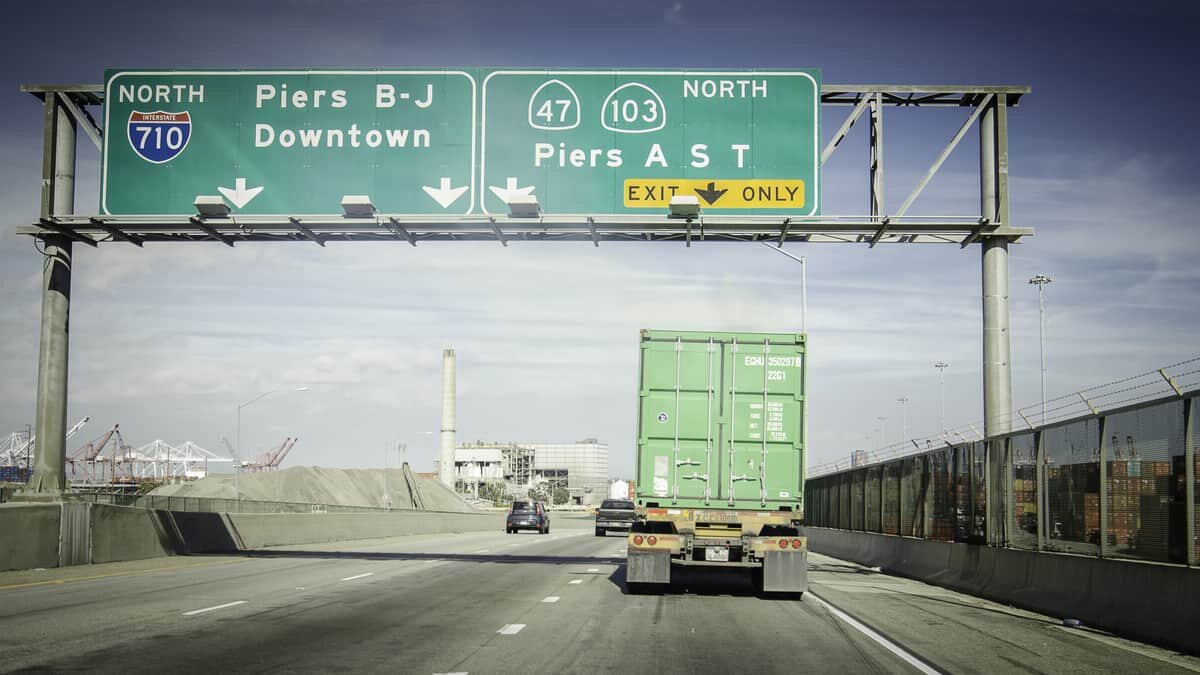

The imposition of AB5 against truck drivers in California has been blocked by court action since the start of this year, and now the California Trucking Association has spelled out its case to an appeals court on why that should continue. (Photo: Jim Allen/FreightWaves)
The imposition of AB5 against truck drivers in California has been blocked by court action since the start of this year, when it was to go into effect, and the California Trucking Association has spelled out its case to an appeals court on why that should continue.
The CTA, in a recent filing with the Court of Appeals for the 9th Circuit of the Federal District Court, does not lay out any significantly new arguments about why it believes — and lower courts have affirmed — that an earlier federal law preempts AB5. But with the earlier temporary restraining order and preliminary injunctions stopping AB5 right before it was to be implemented on Jan. 1, the slower pace of the appellate process gives attorneys for the CTA more time to make their arguments.
The appeal against the earlier injunctions was brought by the office of the California attorney general, the original defendant sued by the CTA. The International Brotherhood of Teamsters joined the suit with the state later. AB5 is a law passed by the California legislature last year and signed by Gov. Gavin Newsom to restrict the use of independent contractors for a variety of occupations. While it was seen as targeting Lyft and Uber (and the state has recently launched AB5-related litigation against those companies), the trucking industry interpreted it to mean the use of independent owner-operators would be severely restricted.
The second part of AB5, the so-called B prong, was described in the CTA appeal filing as meaning “a hiring entity may not lawfully classify a service provider as an independent contractor unless the service provider’s work is ‘outside the usual course of the hiring entity’s business.’”
The trucking industry’s interpretation is that that would largely exclude almost all use of independent owner-operators by trucking firms, given that a trucking company hiring an independent owner-operator is clearly not outside the “usual course” of the trucking firm’s business.
At the heart of the issue of the original injunction and the ongoing appeal is whether California violated the so-called F4A legislation, a federal law that, according to the CTA “expressly preempts state laws [quoting the law] ‘related to a price, route or service of any motor carrier with respect to the transportation of property.”
The CTA’s argument is that AB5 will impact all three of those things.
